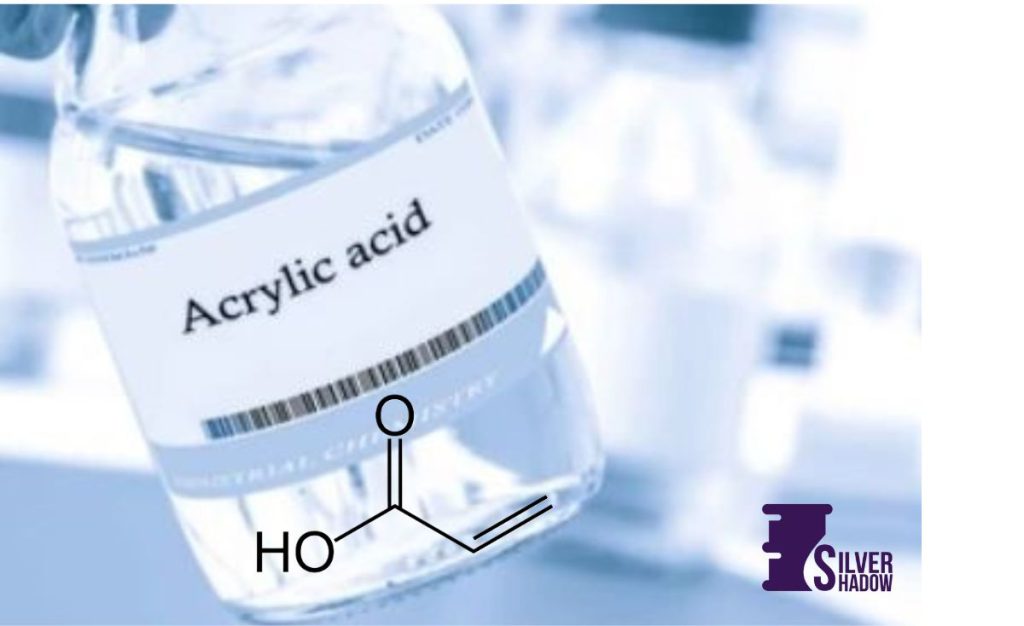
Silver Shadow International is a leading Acrylic Acid supplier, offering bulk & industrial-grade Propenoic Acid (CAS 79-10-7) for global industries. With a commitment to high-purity products, competitive pricing, and reliable delivery, we serve businesses in adhesives, coatings, superabsorbent polymers, and water treatment sectors.
Acrylic Acid, also known as Propenoic Acid, is a highly reactive unsaturated carboxylic acid essential in industrial applications. With a molecular formula of C₃H₄O₂ and a molecular weight of 72.06 g/mol, it undergoes polymerization and esterification, making it a valuable material across multiple industries.
Silver Shadow International provides bulk & industrial-grade Propenoic Acid for pressure-sensitive adhesives and structural bonding agents, ensuring superior durability and elasticity.
2. Paints & Coatings
Our Acrylic Acid supply is vital for acrylate-based polymers, enhancing adhesion, UV resistance, and weathering performance in coatings for decorative and industrial applications.
3. Superabsorbent Polymers (SAPs)
We supply bulk & industrial-grade Acrylic Acid for SAP production used in baby diapers, feminine hygiene products, and incontinence solutions, ensuring high liquid absorption capacity.
4. Textile & Leather Finishing
Silver Shadow International provides Acrylic Acid solutions for fabric softeners, specialty finishes, and flexible coatings in textiles and leather goods.
5. Water Treatment Solutions
Acrylic Acid-based dispersants help prevent scale buildup and fouling in industrial water systems, including cooling towers and boilers.
6. Construction Materials
From sealants and waterproof coatings to grouts and specialty construction chemicals, our bulk Acrylic Acid supply ensures enhanced performance and durability.
Silver Shadow International is your trusted Acrylic Acid supplier, offering high-purity Propenoic Acid with global shipping, competitive pricing, and guaranteed quality. Contact us today to place an order or request a quote!